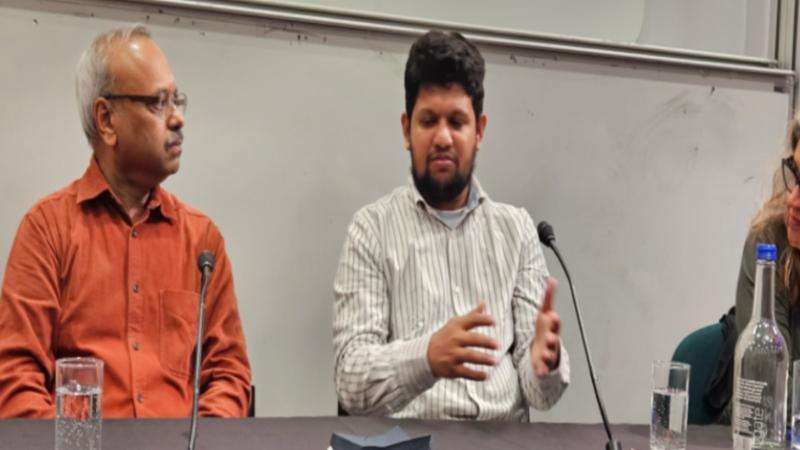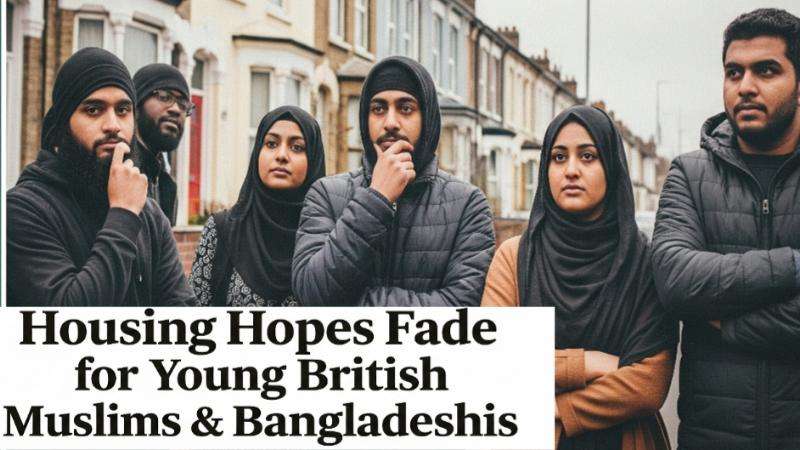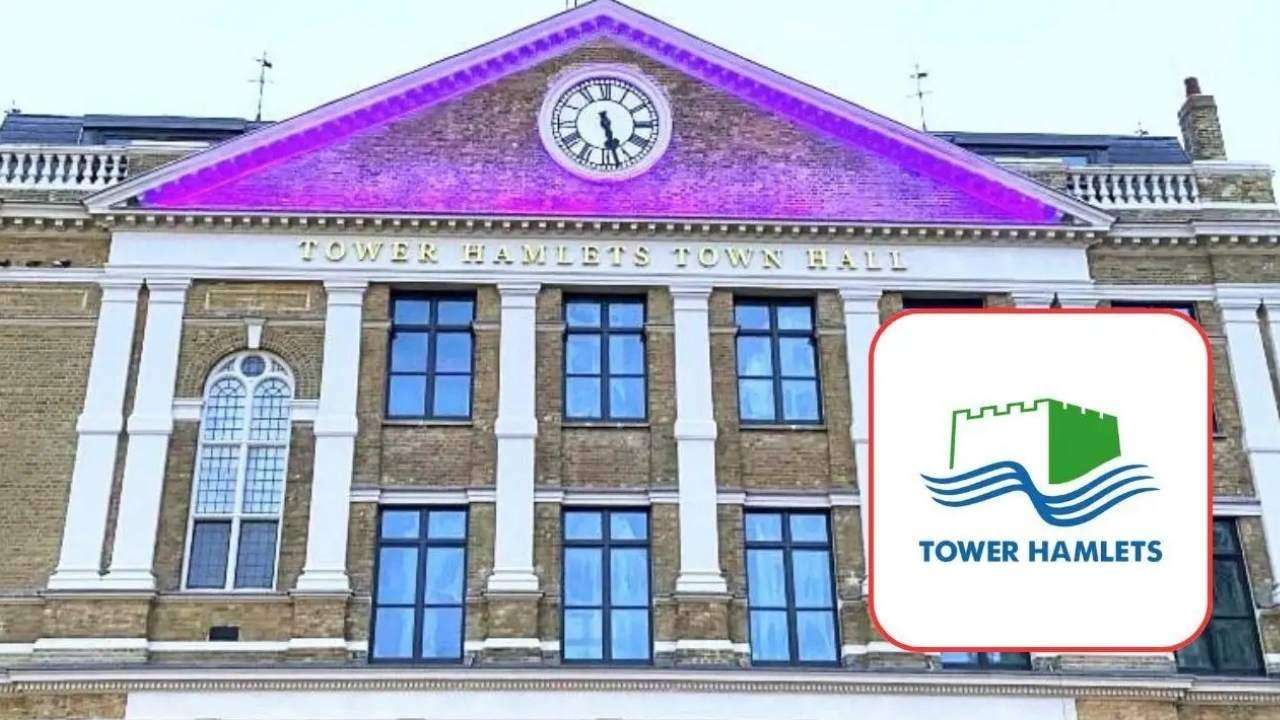The dream of homeownership is increasingly out of reach for many young Britons, with a new survey revealing that a significant majority of renters aged 25 to 44 had expected to be homeowners by now. This challenge is particularly acute within British Bangladeshi and Muslim communities, who face compounded hurdles in accessing the property ladder, Daily Dazzling Dawn understands.
According to research commissioned by the Building Societies Association (BSA) and conducted by YouGov in July, a staggering 59% of renters in the 25-44 age bracket believed they would already own a home. More concerning is that a third (33%) in this age group have resigned themselves to the belief that they may never achieve homeownership, despite their desire to do so. Only a minority (31%) hold optimism about buying a home within the next five years.
While the general struggles are widespread, including the perennial issues of raising a sufficient deposit, mortgage affordability, and securing large enough loans, the report highlights a growing concern: a lack of job security. This factor is cited as a rising barrier compared to two years ago, further destabilising the financial foundations needed for a significant investment like a home.
For British Bangladeshi and British Muslim communities, these national challenges are often amplified by specific socio-economic and cultural factors. Existing data indicates that homeownership rates differ significantly across ethnic groups in the UK. As of March 2023, while 70% of White British households owned their homes, only around 40% of British Bangladeshi households were homeowners. This is a modest increase from 2001, primarily reflecting a shift from social housing to the private rental sector rather than widespread homeownership gains.
Further studies show that Bangladeshi households, at 41%, experience the highest levels of overcrowding in the UK, compared to just 5% of White British households. This is partly due to the prevalence of multi-generational households and larger family sizes, but also points to persistent structural discrimination in the housing market. British Bangladeshi and Black African households, for instance, are three times more likely to live in homes with damp, despite often spending a higher proportion of their income on housing.
For British Muslims, an additional consideration is the demand for Sharia-compliant home financing. Traditional interest-based mortgages are prohibited under Islamic law, leading many to seek alternatives like Murabaha or Ijara models. While the availability of such products from institutions like Al Rayan Bank and Gatehouse Bank has increased, these options can sometimes present different considerations in terms of deposit requirements and terms, adding a layer of complexity to the homeownership journey for those adhering to their faith.
Despite recent efforts by some mortgage lenders to ease rules, potentially allowing larger loans, the systemic issues remain. Paul Broadhead, head of mortgage and housing policy at the BSA, acknowledged the complexity of the problem. "We can't remove the barriers to homeownership overnight, and there won't be a solution that enables everyone to get on the property ladder," he stated. However, he stressed the urgent need for "regulatory flexibility and Government focus on long-term solutions, such as increasing housing supply."
The latest figures for the UK housing market show average house prices in England reaching £296,000 in March 2025, a 6.7% increase year-on-year. While some forecasts predict modest growth of 2-4% for 2025, affordability pressures persist. The government's new permanent Mortgage Guarantee Scheme, launching in July 2025, aims to support homebuyers with deposits as small as 5% by providing a government-backed guarantee to lenders. Other initiatives like the Lifetime ISA also offer support, but their reach and impact on disproportionately affected communities like British Bangladeshis and Muslims need careful consideration.
The survey, encompassing over 2,000 individuals across the UK, underscores a widespread disillusionment. Addressing the unique challenges faced by British Bangladeshi and Muslim communities – from tackling discrimination and economic inequality to expanding culturally sensitive financial products and increasing housing supply – will be crucial in ensuring the dream of homeownership is accessible to all.
_2.jpg)
_3.jpg)


_3.jpg)



.svg)

